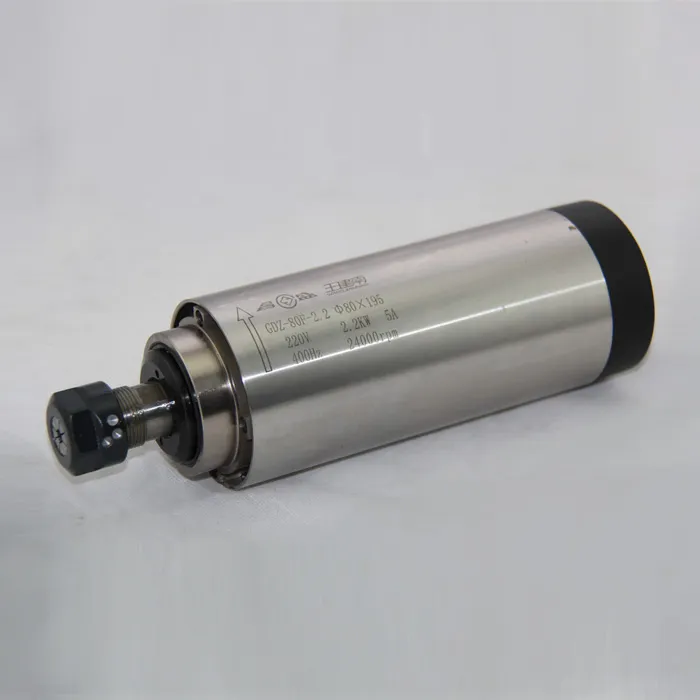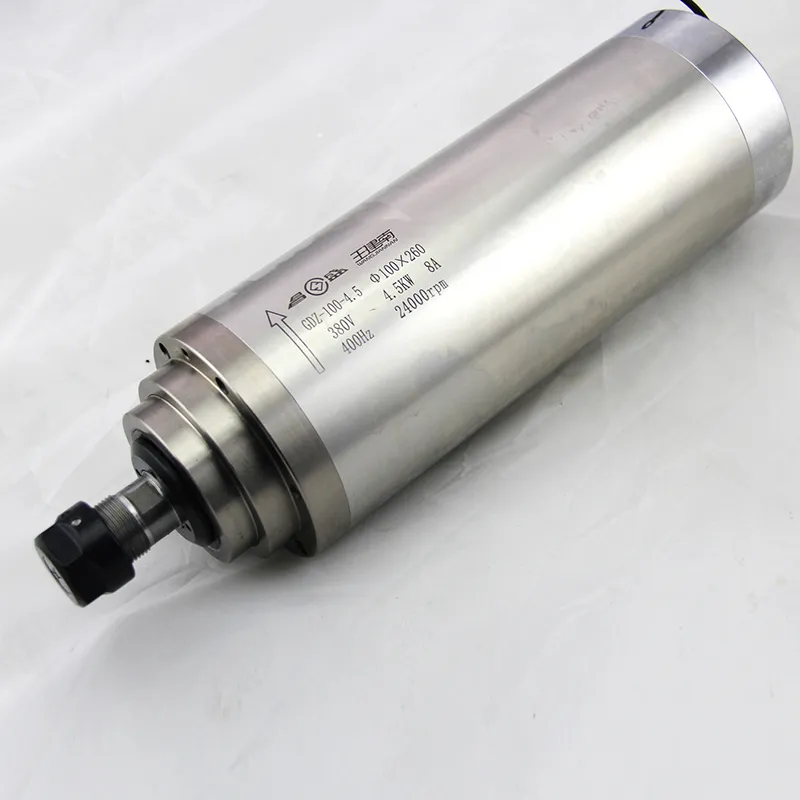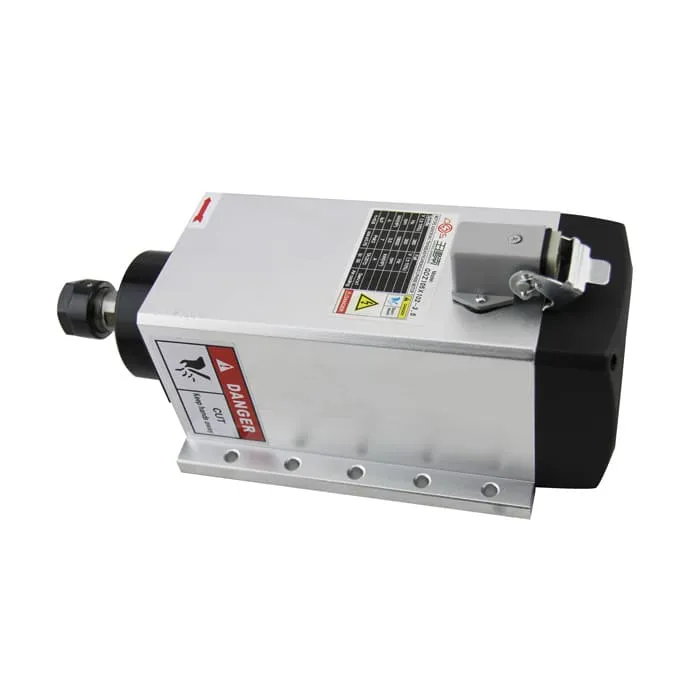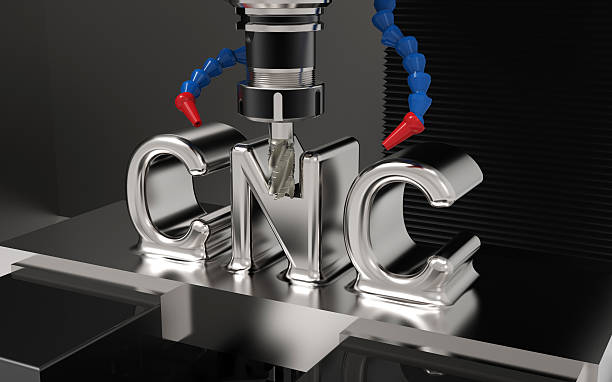Can I Make Money with a CNC Machine: Exploring Opportunities in the Digital Fabrication Era
In today’s rapidly evolving manufacturing landscape, the question “can I make money with a CNC machine” is becoming increasingly common. Computer Numerical Control (CNC) technology has revolutionized the way we create products, offering unprecedented precision, efficiency, and versatility. For entrepreneurs, hobbyists, and established businesses alike, CNC machines present a world of opportunities to turn creativity into profit. This article will explore the various ways you can leverage CNC technology to generate income, from small-scale projects to full-fledged business ventures.
Understanding the Potential of CNC Machines
CNC machines have transformed the manufacturing industry, allowing for the production of complex parts and products with minimal human intervention. These versatile tools can work with a wide range of materials, including wood, metal, plastic, and even stone, opening up countless possibilities for product creation. The key to making money with a CNC machine lies in understanding its capabilities and identifying market needs that align with those capabilities.
From custom home decor to specialized industrial components, CNC machines can produce a vast array of products. The potential for profitability is significant, but it requires a combination of technical skill, creativity, and business acumen. Let’s delve into the various aspects of turning your CNC machine into a money-making venture.
Choosing the Right CNC Machine for Your Business
Before you can start making money with a CNC machine, you need to select the right equipment for your needs. There are several types of CNC machines available, each with its own strengths and limitations:
- CNC Routers: Ideal for woodworking and soft materials
- CNC Mills: Suitable for metal and harder materials
- CNC Lathes: Perfect for creating cylindrical parts
- Laser Cutters: Great for precision cutting and engraving
- Plasma Cutters: Excellent for cutting thick metal sheets
Your choice will depend on factors such as:
- The types of products you plan to create
- Your budget
- Available workspace
- Your technical expertise
For those just starting out, a versatile CNC router with a reliable spindle like the 2.2KW ER20 Air-Cooled Spindle can be an excellent choice. This spindle offers a good balance of power and precision for a wide range of applications.

Identifying Profitable CNC Projects
One of the keys to making money with a CNC machine is identifying projects that are both in demand and suited to your equipment’s capabilities. Here are some popular categories of CNC projects that can be profitable:
- Custom Signage: Business signs, home decor signs, and personalized nameplates
- Furniture Components: Custom table legs, decorative panels, and unique joinery
- Promotional Products: Branded items for businesses, including coasters, keychains, and desk organizers
- Artistic Creations: 3D wall art, sculptures, and decorative items
- Prototype Development: Creating prototypes for inventors and product designers
- Specialized Tools: Custom jigs, fixtures, and tools for specific industries
- Architectural Elements: Decorative moldings, corbels, and custom trim work
The key is to find a niche that aligns with your interests, skills, and market demand in your area.
Developing Your CNC Skills
To make money with a CNC machine, you’ll need to develop a strong set of skills. This includes:
- CAD (Computer-Aided Design): Learn to create and modify digital designs
- CAM (Computer-Aided Manufacturing): Understand how to translate designs into machine instructions
- Material Knowledge: Familiarize yourself with the properties and machining characteristics of different materials
- Machine Operation: Master the safe and efficient operation of your CNC equipment
- Finishing Techniques: Learn how to properly finish and polish your CNC-created products
Investing time in skill development will not only improve the quality of your work but also increase your efficiency, allowing you to take on more complex and lucrative projects.
Setting Up Your CNC Business
Turning your CNC skills into a profitable business requires careful planning and execution. Here are some steps to get started:
- Develop a Business Plan: Outline your product offerings, target market, pricing strategy, and financial projections
- Set Up Your Workspace: Create a safe and efficient workspace for your CNC operations
- Source Materials: Establish relationships with suppliers for your raw materials
- Create a Portfolio: Develop a range of sample products to showcase your capabilities
- Build an Online Presence: Set up a website and social media accounts to market your products
- Network: Connect with potential clients, other makers, and industry professionals
- Consider Legal Requirements: Register your business and obtain any necessary permits or licenses
Remember, starting a CNC business often requires a significant initial investment, so it’s important to have a clear plan for recouping your costs and generating profit.
Marketing Your CNC Services and Products
Effective marketing is crucial for attracting customers and growing your CNC business. Consider the following strategies:
- Online Marketplaces: Sell your products on platforms like Etsy, Amazon Handmade, or eBay
- Social Media Marketing: Showcase your work on Instagram, Pinterest, and Facebook
- Local Craft Fairs and Markets: Participate in events to sell products and network with potential clients
- Collaboration with Designers: Partner with designers who need manufacturing services
- Content Marketing: Create blog posts, videos, or podcasts about CNC projects to attract interested customers
- Word-of-mouth: Encourage satisfied customers to refer others to your business
Tailor your marketing efforts to your target audience and the specific products or services you offer.
Pricing Your CNC Work
Determining the right pricing for your CNC products and services is crucial for profitability. Consider factors such as:
- Material costs
- Machine time
- Design complexity
- Finishing requirements
- Market demand
- Competitor pricing
It’s important to find a balance between competitive pricing and ensuring a healthy profit margin. Don’t undervalue your work – remember to account for your time, skill, and overhead costs when setting prices.
Scaling Your CNC Business
As your CNC business grows, you may want to consider scaling up your operations. This could involve:
- Investing in additional or more advanced CNC equipment
- Hiring employees to handle increased production or specialized tasks
- Expanding your product line or service offerings
- Moving to a larger workspace
- Automating certain processes to increase efficiency
When scaling, it’s important to maintain the quality that brought you success in the first place. Consider upgrading to more powerful equipment like the 4.5KW ER20 Water-Cooled Spindle to handle increased production demands while maintaining precision.

Challenges in CNC-Based Businesses
While running a CNC-based business can be rewarding, it’s not without challenges. Some common hurdles include:
- High Initial Costs: CNC machines and associated software can be expensive
- Technical Difficulties: Machines may require maintenance and troubleshooting
- Market Saturation: Certain CNC product markets may be highly competitive
- Material Waste: Improper planning can lead to costly material waste
- Keeping Up with Technology: The CNC field is constantly evolving, requiring ongoing learning
Being aware of these challenges can help you prepare and develop strategies to overcome them.
Diversifying Your CNC Income Streams
To maximize your earning potential with a CNC machine, consider diversifying your income streams. Some options include:
- Custom Fabrication Services: Offer your CNC skills to other businesses or individuals who need parts made
- Teaching and Training: Conduct workshops or online courses on CNC operation and design
- Selling Digital Designs: Create and sell CNC-ready designs for others to use
- Subscription Boxes: Develop a monthly subscription service for CNC-created products
- Maintenance and Repair Services: Offer your expertise to maintain and repair other CNC machines
Diversification can help stabilize your income and open up new opportunities for growth.
Staying Innovative in the CNC Market
The CNC market is constantly evolving, with new technologies and techniques emerging regularly. To stay competitive and continue making money with your CNC machine, it’s important to:
- Stay informed about industry trends and advancements
- Experiment with new materials and techniques
- Attend trade shows and conferences to network and learn
- Invest in ongoing education and skill development
- Listen to customer feedback and adapt your offerings accordingly
Innovation can help you stand out in a crowded market and attract high-value clients.
Leveraging CNC Technology for Prototyping Services
One lucrative avenue for making money with a CNC machine is offering prototyping services. Many inventors, designers, and small businesses need prototypes but don’t have access to CNC equipment. By offering these services, you can:
- Work on diverse and interesting projects
- Build relationships with potential long-term clients
- Command higher rates for specialized work
- Potentially secure manufacturing contracts for successful products
To excel in prototyping, you’ll need to be proficient in translating clients’ ideas into workable designs and have the technical skills to produce high-quality prototypes quickly.
Combining CNC with Other Technologies
To increase your earning potential, consider combining CNC technology with other fabrication methods. For example:
- 3D Printing: Use 3D printing for complex geometries and CNC for finishing and precision
- Laser Cutting: Combine laser-cut details with CNC-routed structures
- Traditional Woodworking: Blend handcrafted elements with CNC-produced components
By offering a range of fabrication methods, you can take on more diverse projects and provide comprehensive solutions to clients.
Building a Community Around Your CNC Business
Creating a community around your CNC business can lead to sustained success and additional income opportunities. Consider:
- Starting a blog or YouTube channel to share CNC tips and projects
- Creating a forum or social media group for CNC enthusiasts
- Hosting maker meetups or collaborative events
- Offering mentorship to newcomers in the CNC field
Building a strong community can lead to brand loyalty, word-of-mouth referrals, and potential partnerships.
Specializing in Industry-Specific CNC Services
While versatility is valuable, specializing in CNC services for specific industries can be highly profitable. Some lucrative niches include:
- Aerospace: Producing precision components for aircraft
- Medical: Creating custom medical devices or surgical tools
- Automotive: Fabricating custom parts for classic car restoration or racing
- Jewelry: Crafting unique, high-end jewelry pieces
- Architecture: Producing custom architectural elements and models
Specialization allows you to become an expert in your field, command higher prices, and build a reputation within specific industries.
Sustainability and Eco-Friendly CNC Practices
As environmental concerns grow, adopting sustainable practices in your CNC business can be both ethically responsible and financially beneficial. Consider:
- Using sustainable or recycled materials
- Optimizing designs to minimize waste
- Implementing efficient dust collection and recycling systems
- Offering eco-friendly finishing options
Promoting your commitment to sustainability can attract environmentally conscious customers and potentially open up new market opportunities.
Conclusion: Turning CNC Skills into Profitable Ventures
In conclusion, the question “can I make money with a CNC machine” can be answered with a resounding yes – but it requires more than just owning the equipment. Success in the CNC business world demands a combination of technical skill, creative thinking, business acumen, and dedication to continuous improvement.
Throughout this article, we’ve explored various aspects of turning CNC machining into a profitable venture. From choosing the right equipment and identifying lucrative projects to marketing your services and scaling your business, each step plays a crucial role in your success. We’ve seen how versatile CNC technology can be, offering opportunities in custom fabrication, prototyping, education, and specialized industry services.
Key takeaways for aspiring CNC entrepreneurs include:
- Invest in quality equipment and continuous skill development
- Identify and focus on profitable niches that align with your interests and market demands
- Develop a solid business plan and marketing strategy
- Stay innovative and adapt to changing market trends
- Consider diversifying your income streams to maximize earning potential
- Build a community and network within the CNC and maker spaces
- Embrace sustainability and eco-friendly practices
Remember, success in the CNC business doesn’t happen overnight. It requires patience, perseverance, and a willingness to learn from both successes and failures. As you embark on this journey, keep in mind that the CNC industry is constantly evolving. Staying informed about the latest technologies, like advanced spindles such as the 3.5KW ER20 Air-Cooled Spindles, can give you a competitive edge and open up new possibilities for your business.

Whether you’re a hobbyist looking to turn your passion into profit or an entrepreneur seeking to launch a full-scale CNC business, the opportunities are vast. With the right approach, dedication, and a bit of creativity, your CNC machine can indeed become a powerful tool for generating income and building a successful business.
As you move forward, remember that every successful CNC business started with a single project. Begin with what you know, be open to learning, and don’t be afraid to take calculated risks. The world of CNC machining is full of possibilities – it’s up to you to seize them and turn your CNC skills into a thriving and profitable venture.
Frequently Asked Questions
1. How much does it cost to start a CNC business?
The cost of starting a CNC business can vary widely depending on the type and size of machine you choose, as well as other factors like workspace and materials. A basic setup with a small CNC router might cost $5,000 to $10,000, while a more advanced system could run $50,000 or more. Don’t forget to factor in costs for software, tools, materials, and business expenses.
2. What skills do I need to make money with a CNC machine?
To be successful, you’ll need a combination of technical and business skills. Key areas include:
- CAD/CAM software proficiency
- Understanding of materials and machining processes
- Basic mechanical and troubleshooting skills
- Business management and marketing knowledge
- Creativity for product design and problem-solving
3. How long does it take to become proficient with a CNC machine?
The learning curve for CNC machining varies depending on your background and the complexity of the work you’re doing. Basic proficiency can often be achieved in a few months of regular practice. However, mastering advanced techniques and becoming truly proficient can take a year or more of dedicated learning and experience.
4. What are the most profitable products to make with a CNC machine?
Profitability can vary based on your local market and skills, but some consistently profitable CNC products include:
- Custom signage and home decor
- Specialized industrial components
- Personalized gifts and promotional items
- Furniture parts and custom woodworking
- Prototypes for inventors and designers
The key is to find a niche that aligns with your skills and has strong demand in your target market.
5. Is it better to offer services or sell products when starting a CNC business?
Both approaches have their merits, and many successful CNC businesses do a combination of both. Offering services (like custom fabrication or prototyping) can provide a steady income stream and help you build a client base. Selling products allows you to scale more easily and potentially earn passive income. Consider starting with a mix of both and adjusting based on what works best for your situation and market.

